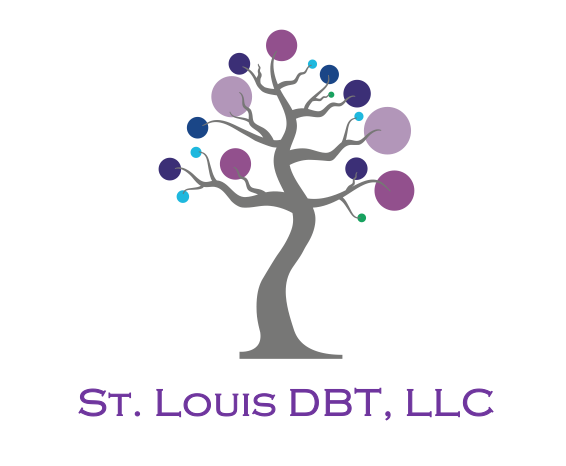When a DBT Client Says … It’s So Unfair!
Clients come to me with mental illness or a history of trauma. Most of my clients have both. New clients often will say “it’s so unfair.”
What they really are saying is “I shouldn’t have to deal with this. I don’t want to be here. Why me? Why now?”
My response is always the same. “You may not have caused the problem but you are the only one who can solve it.”
An Example
If a person steps off a curb and a drunk driver hits her, of course it’s unfair. But when the doctor says she will need surgery to be able to walk again she schedules the surgery. She’s angry and overwhelmed but does what the doctor ordered. It’s not a hard choice because he’s doing the work (at least initially).
After surgery, the doctor tells her she will need months of physical therapy. Now she faces some hard choices. She has options. She can radically accept the unfairness and give her full attention to PT and healing. She can let her emotions continue to consume her and go to appointments but not do the exercises at home. She can blow off PT altogether and focus all her energy on her anger at the unfairness of the situation.
The first option offers the best chance of full recovery. The second, she may have a permanent limp. The third, she will limp and have chronic pain for the rest of her life. As an outsider looking in, the choice seems obvious. Of course, she “should” choose option 1. Anything less, she risks permanent disability or a life of pain.
I know that. You know that. It’s obvious from the outside looking in. But to her in the fog of physical pain and anger, choosing option 1 feels like giving in to the senselessness of it all.
It feels like she’s giving that drunk driver who caused all this pain a pass. He did this to her and she’s the one who has to do the work of healing. It’s just not fair.
Radical acceptance is not easy. Getting hit by a drunk driver is not fair. She’s thinking or more likely ruminating, “The drunk driver should be having surgery and doing PT, not me. And you’re telling me I have to take responsibility for my healing. I am angry. I am in pain. I’ll go to PT appointments but surely you can’t expect me to do exercises at home on my own that will cause even more pain? You have to be kidding, right?”
Starting Where Our Clients Are
That’s where many of our clients are when they start therapy. They will come to therapy sessions. But they are not ready to radically accept the unfairness of mental illness and trauma. They are not ready to take responsibility and give their full attention to healing. They come to us hoping we will do surgery and they will be healed. But therapy doesn’t work that way. It’s like physical therapy. It requires clients’ full attention and they get out what they put in.
Sometimes it takes months (or even years) for clients to radically accept the unfairness so they can move on to the hard work of healing. Some clients get tired of not making progress and quit therapy. Others just keep coming. They might get something out of our sessions but not as much as they could.
Five Ways to Handle a Problem
There is a corollary to “You may not have caused the problem but you are the only one who can solve it.”
Dialectical Behavior Therapy (DBT) teaches people have five options when faced with a problem:
First, our clients can solve the problem recognizing many problems cannot be solved and they cannot change anyone but themselves.
Second, they can change how they think or feel about the problem.
A third option is to radically accept the problem. This does not imply resigning themselves to the problem. Rather, it is genuine acceptance and letting it go.
Then, there are two more options. They can make themselves miserable or make the problem worse.
Many times our clients will need to use more than one of these strategies. The patient has to radically accept that she has potentially disabling injuries before she can commit to solving the problem, in this case, doing physical therapy wholeheartedly. When she is done with physical therapy, she may not be able to do all the things she did before the accident. She may have to either change the way she thinks and feels about her body and its capacities or make herself miserable or worse.
It’s Never Too Late
If the injured patient gives physical therapy less than her all, the damage is done and there is no going back. Therapy for mental illness or trauma is not time-limited. Whether a client is 25 or 75 years old, there’s still time for radical acceptance and healing. It’s never too late to live happily ever after. Our clients are on the road to healing only when they accept responsibility even though they didn’t cause the problem and recognize they have five basic options.
Sandra Miller, MSW, LCSW and sometimes blogger, hosts St. Louis DBT, LLC’s Cognitive Based Mindfulness classes and workshops. Learn more about her and plenty of other skilled therapists at St. Louis DBT.
